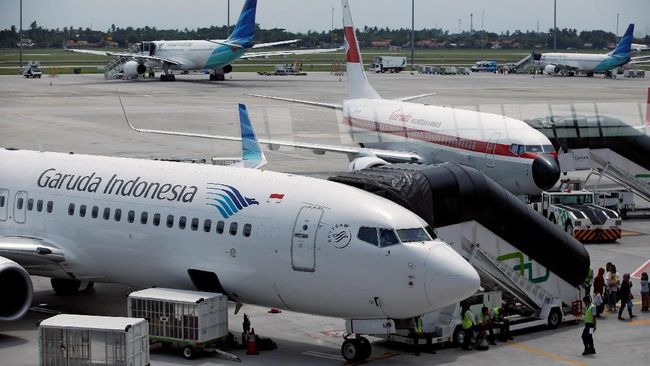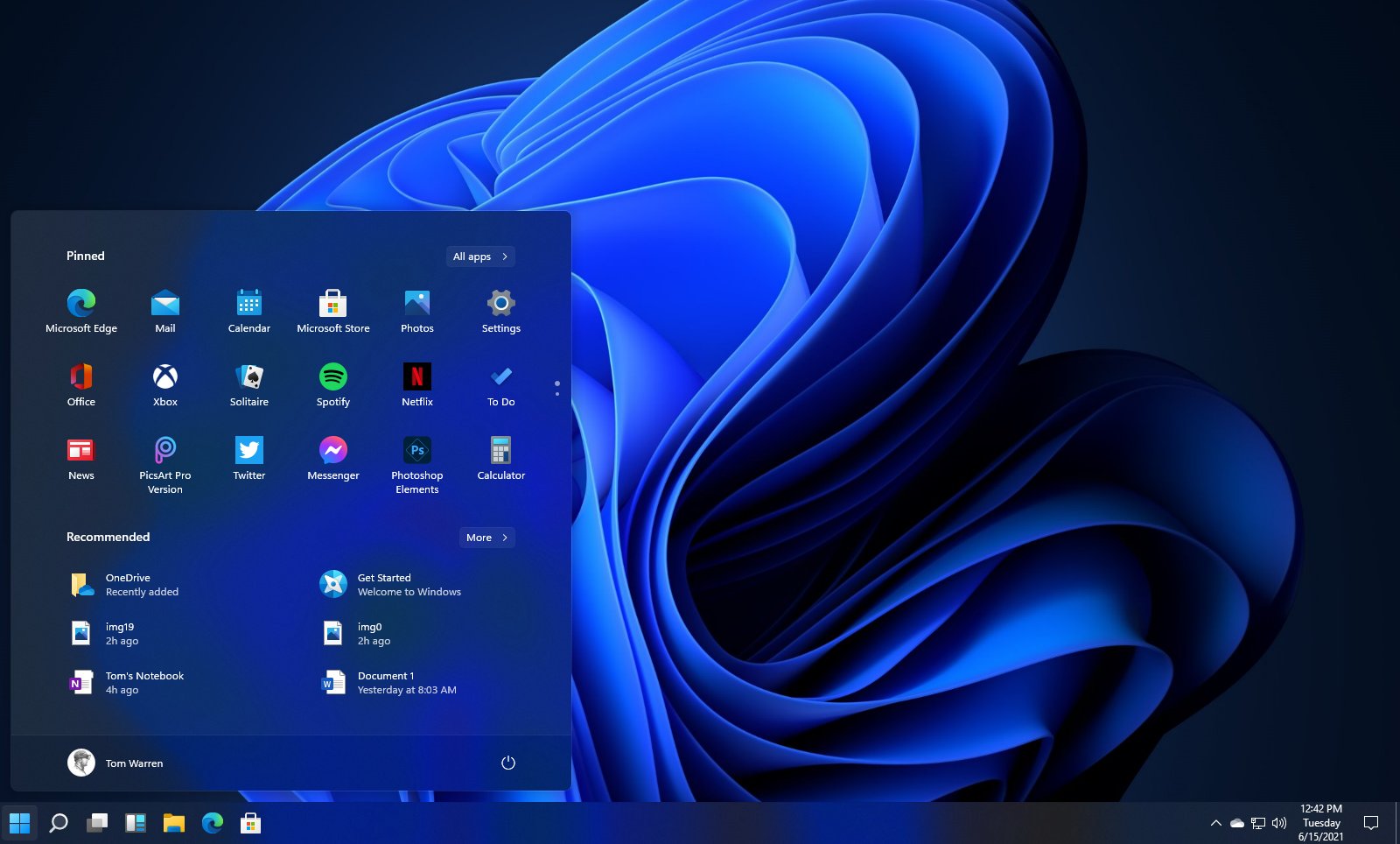Jakarta, CNBC Indonesia – The management of PT Garuda Indonesia Tbk (GIAA) said that all of the company’s aircraft rental costs were expensive, above the price offered in the market. Due to the high cost of this lease, the company currently has obligations to the lessor of US$ 700 million or around Rp. 10.15 trillion (assuming an exchange rate of Rp. 14,500/US) which has not yet been paid.
President Director of Garuda Indonesia Irfan Setiaputra said in an effort to reduce the cost of this aircraft rental, the company continues to negotiate with the party providing the lease to reduce the cost.
“Everything is expensive, sir, everything is expensive, everything is expensive. That’s what we negotiated yesterday, last year, it has decreased by 30%,” said Irfan in a Hearing Meeting (RDP) with Commission VI DPR RI, Monday (21/6/2021).
He explained, currently there are two things that the company has renegotiated with lessor, namely past obligations that have not been paid and the ease of future obligations because many of these aircraft are not operational because the current level of flight demand is still very low.
Deputy President Director of Garuda Indonesia, Dony Oskaria, explained that currently the company is still paying for 142 aircraft with a total cost of US$ 80 million per month. Even though only 41 aircraft were operated due to the low level of demand.
This fee comes from rental fees, fees maintenance and repairs and costs maintenance other.
“Leasing cost we are only US $ 56 million per [per bulan] from the previous US$ 75 million per month. So there is approximately US$ 80 million per month that we must pay by book,” he said on the same occasion.
“The difference between these two [101 pesawat tak operasional] approximately US$ 40 million alone. So, our real loss is purely because the aircraft had underutilized assets, the assets of which we still paid for fix cost but the plane does not generate revenue,” he explained.
So that if the company does not renegotiate with the lessor, even though it receives funding assistance in the form of state capital participation (PMN) from the government, the company will still be at a loss every year.
To date, he said, the company has returned 20 aircraft to the lessor. Currently, the negotiation process with other lessors is still ongoing for the seven leased aircraft and are expected to be returned.
(Hi Hi)
– .


